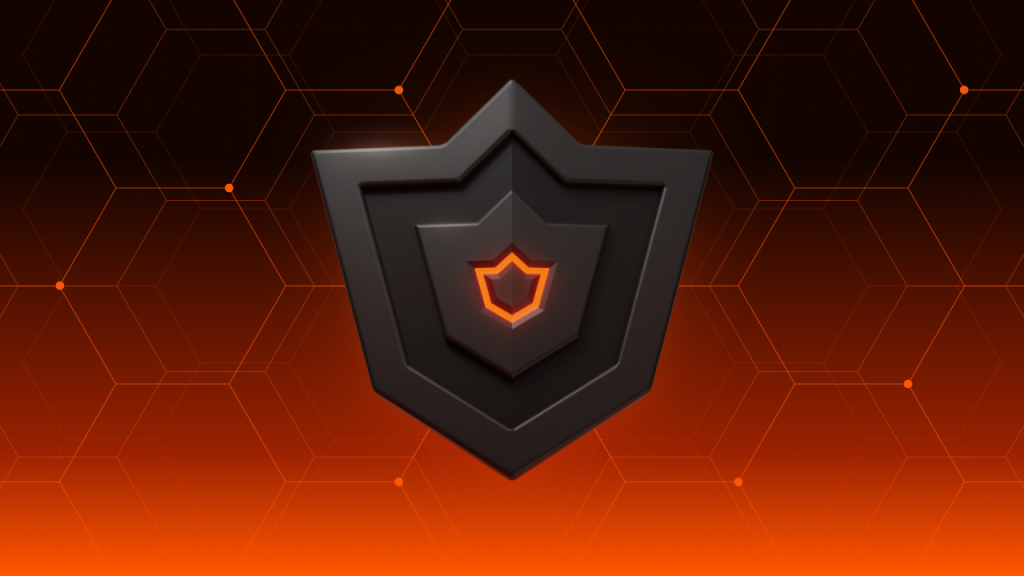
Competitive integrity has always been at the heart of Counter-Strike. For years, FACEIT has been the go-to platform for serious players wanting a cleaner, more structured matchmaking experience. But recently, a wave of concern has been rising within the CS2 community: is FACEIT struggling to keep cheaters out?
This isn’t the first time accusations of cheating have surfaced, but now more than ever, it’s starting to feel like a recurring pattern—and some of the game’s most respected community voices are starting to speak up.
The Pattern: “Generational Talent” Every Few Months?
A growing number of players have noticed what can only be described as a suspicious trend: every couple of months, a new group of seemingly “god-tier” players appears out of nowhere. These accounts often have less than 200 matches played and are putting up professional-level stats, dominating lobbies and earning high ELO at a pace that feels unnatural—even for rising prodigies.
This has sparked a wave of speculation: are these just gifted newcomers? Or is something more sinister going on?
Creators Shedding Light on the Issue
Two community figures, in particular, have played a key role in pushing this conversation forward: lobacs2 and KEROVSK.
- lobacs2, known for his brutally honest takes and in-depth gameplay breakdowns, has been highlighting suspicious clips and player histories across Twitter and YouTube. His analysis points to eerily similar aim patterns, crosshair placement, and mechanical consistency across different new accounts—all hallmarks, some argue, of third-party assistance.
- KEROVSK, another respected voice in the scene, has been consistently tracking player progression and account behavior. Through detailed videos and stat comparisons, he’s shown how some of these accounts skyrocket through the ranks—bypassing typical growth curves and playing with robotic consistency. The implication? These accounts may be operated by cheaters using sophisticated aim or vision assistance tools designed to fly under the radar.

The Faceit Anti-Cheat Dilemma
While FACEIT does employ its own anti-cheat system (including client-side detection), many in the community are starting to question its current effectiveness in the CS2 era. Cheat developers are evolving just as quickly—if not faster—than the tools meant to stop them. One of the most concerning trends is the rise of DMA (Direct Memory Access) cheats, which operate externally and are notoriously difficult for software-based anti-cheat systems to detect. Once considered advanced and reserved for serious cheaters, DMA setups are now becoming increasingly mainstream, with pre-built kits and detailed guides making it easier than ever for the average player to set them up.
Even worse, the manual banning process is slow and often reliant on community reports, allowing shady accounts to thrive for weeks or even months. This has led to a sense of frustration among legitimate players grinding for ELO, who feel like their matches are being compromised too often—and that FACEIT’s current systems are struggling to keep up.
What’s at Stake?
If the cheating issue continues to grow unchecked, it could damage FACEIT’s reputation as the trusted space for competitive CS. More players may shift away from the platform—or worse, become disillusioned with the grind entirely. For aspiring pros and die-hard fans of the game, this is more than just an annoyance—it’s an existential threat to the competitive ecosystem.
What Needs to Change?
To restore faith in the platform, many are calling for:
- More aggressive cheat detection and quicker manual bans
- Stricter verification or background checks for high-ranking accounts
- Transparency from FACEIT about how they’re handling ongoing reports
- Community-driven programs with tools to report or flag suspicious behavior more effectively
- Not Allowing new steam accounts to play on FACEIT or heavily limiting their accounts
Final Thoughts
The CS2 competitive scene is only growing, but its foundation depends on fair play. Thanks to creators like lobacs2 and KEROVSK, the community is becoming more aware of the cracks in FACEIT’s armor. But awareness is only the first step. Unless stronger action is taken—both by anti-cheat developers and platform administrators—this cheating problem could spiral into something that threatens the integrity of Counter-Strike itself.
For now, all we can do is stay vigilant, support those who speak out, and keep pushing for a better competitive experience.